According to Miami bankruptcy attorney, James Schwitalla, for most people, filing for bankruptcy is the first step for them to improve their credit score. The reason is that most folks considering bankruptcy have already fallen behind on their debt payments and their credit scores have already suffered. Accordingly, the filing of the bankruptcy does not typically cause their credit score to fall much further, if at all. Further, because a large part of your credit score is determined by how much debt you have, eliminating the debt in bankruptcy usually wipes the person’s debt slate clean, thus improving that portion of the credit score that is determined by the amount of outstanding debt. So, filing bankruptcy and getting a discharge begins the process of bettering their credit score.
Even if they are current on all their debts and their credit score is high, if they know they will not be able pay their debts going forward, it is only a matter of a few months before their credit score will drop into the 500s for lack of payment. Accordingly, while filing a bankruptcy before the score drops will appear to “cause” the credit score to drop, it would have dropped anyway if they didn’t file bankruptcy and simply defaulted on their credit card and other obligations.
Improving Your Credit Score
Here are some ways that filing for bankruptcy can potentially help your credit score:
-
- Discharge of debt: As stated above, discharging your debt in bankruptcy improves that part of your credit score based on outstanding debt.
-
- Continuing to pay mortgage and auto debts: While not a requirement of Chapter 7 bankruptcy, most people elect to keep their homes and autos and continue to pay the related debts through a process called reaffirmation. If handled properly, timely payment of these debts will continue to be reported on the person’s credit report. Such continued timely payments help the debtor rebuild their credit faster and raise their credit scores.
-
- Post-bankrupty secured credit lines: Many banks offer secured lines of credit to people just coming out of bankruptcy. This is a tool that responsible debtors can use to rebuild their credit after bankruptcy. The process begins with the debtor saving money, say $500, and then providing those funds to a secured-credit lender that holds the funds as collateral against a small credit card credit line. After bankruptcy, the debtor can open such a secured credit card and then use it and repay it in full each month and thereby “salt” their credit report. Before long, and after responsible use of the credit line, the secured lender will refund the deposit and allow the debtor to have an unsecured credit line. This refunded deposit can then be used to open another secured credit line, thus increasing the amount of available credit. The goal here is not to get a bunch of credit and use it. The goal is to get a bunch of credit and NOT use it. The key is to use the available credit to charge only expenses you pay in full each month. Since another component of your credit score is the ratio of debt to available credit, the resulting combination of more available credit with NO debt causes your credit score rise more quickly.
-
- Credit repair: After bankruptcy, an ethical credit repair specialist can help remove incorrect information from your credit report, thus improving your score.
Benefits of Bankruptcy
Filing for bankruptcy can provide several benefits, including:
-
- Debt relief: Bankruptcy allows individuals and married couples to eliminate or restructure their debts, giving them a fresh financial start. This can be particularly helpful for those who are struggling with overwhelming debt or facing garnishment or foreclosure.
-
- Protection from creditors: When you file for bankruptcy, an automatic stay goes into effect that prevents most creditors from taking any further collection actions against you. This means that creditors cannot continue to call you, send you letters, or take legal action to collect on your debts.
-
- Reduced stress: Financial stress can take a toll on your mental and physical health. Filing for bankruptcy can help relieve some of that stress and anxiety by providing a clear path forward for resolving your debts.
-
- Reorganization of debts: For those who file for Chapter 13 bankruptcy, it is possible to reorganize your debts and come up with a payment plan that is manageable for you. This can help you avoid losing assets and provide a way to catch up on past due debts.
-
- Improved credit score: Bankruptcy provides you an opportunity to start rebuilding your credit over time. By taking steps to responsibly manage your finances and credit after bankruptcy, you will improve your credit score more quickly than if you struggled for years unsuccessfully to pay debts beyond your ability to do so.
It’s important to remember that filing for bankruptcy should not be taken lightly, and it should only be considered as a last resort. Bankruptcy will have a significant impact on your credit score, and it can take time to rebuild your credit after filing. However, with responsible financial management and good credit habits, it is possible realize the fresh start that bankruptcy can provide and improve your credit score over time, perhaps more rapidly than you think

